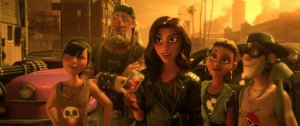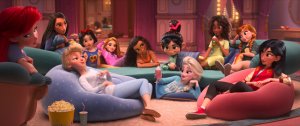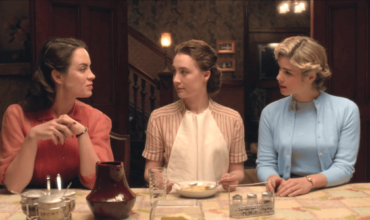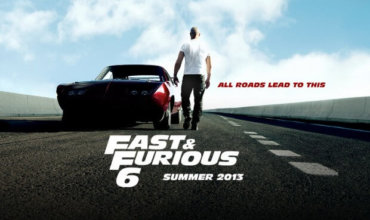Six years after the events of the first film, Wreck-It Ralph (John C. Reilly) is now much adored by his fellow video game characters and has settled into a happy routine, hanging out in the power strip after a hard day’s work as the antagonist of the game ‘Fix-It Felix’. Meanwhile, Vanellope von Schweetz (Sarah Silverman), Ralph’s best friend since the events of the last film, confesses her boredom with the predictability of the ‘Sugar Rush’ game in which she features. When Ralph’s good intentioned actions cause the owner of the game arcade to threaten to unplug ‘Sugar Rush’, Ralph and Vanellope venture into the new Wi-Fi modem. As they jet off into cyberspace chasing a part to fix the game, Ralph and Vanellope discover the wonders – and dangers – of the internet.
Ralph Breaks The Internet is directed by Rich Moore (Zootopia, Futurama) and Phil Johnston (Zootopia) and written by Pamela Ribon (Moana), and also features the voices of Gal Gadot, Jack McBrayer, Jane Lynch and Alan Tudyk.

The film’s plot is rudimentary and takes a broad-stroke mass appeal tactic, while relatable internet jokes and name drops are supposed to carry the film. However, the humour revolves around Disney in-jokes and overplayed internet memes which, by this stage, are too mainstream and have lost any truly comedic value. That said, there are some witty moments, and the anthropomorphism and material realisation of intangible internet phenomena is well done, with seamless animation.
The focus is hardly on the main characters and their inability to negotiate opposing dreams. The film’s diversion into darker and more violent online games results in a thinly veiled queer awakening in Vanellope. She also gets in touch with her fellow Disney princesses (cue some fangirling over Tumble style reimagined princesses in modern clothes), complete with Silverman attempting an ear-splitting Disney princess-esque song.

The intended audience of this film is unclear, as much of the humour is aimed at teenagers and adults, while the stylization and genre of the film suggests children. While there are some touching moments throughout, particularly when Ralph ventures into the forbidden comments section of the internet, there are also some disturbing undertones that hint at the dark side of the web. The nightmare-fuel of an ending (with a casual nod to King Kong) is somewhat ridiculous, hurrying to finish after the film runs itself into a corner. The moral lesson rears its head in the third act and ends up spruiking the benefits of the internet as a technology of connection.
While Ralph Breaks The Internet seems like the logical sequel to Wreck-It Ralph, it will likely disappoint fans of the original.
I rate this film 5/10.
Ralph Breaks The Internet is in Australian cinemas from 26th December.


